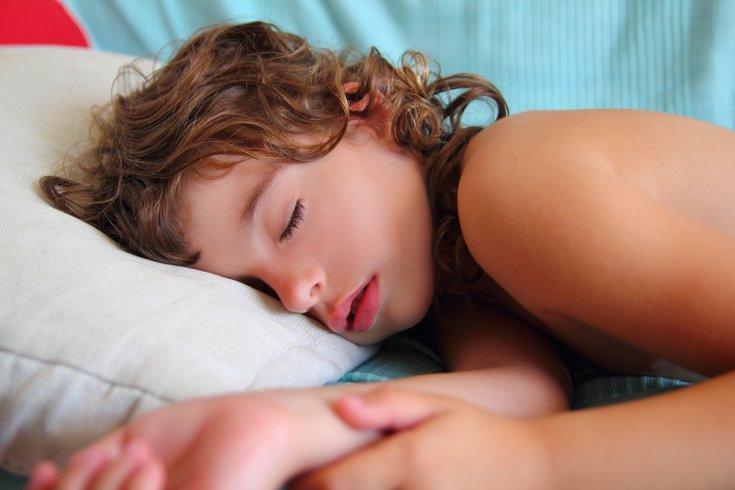
April 26, 2023
 Annie Spratt/Unsplash
Annie Spratt/Unsplash
Many melatonin gummies contain higher doses of the sleep hormone – and larger amounts of CBD – than is listed on their labels, new research suggests. These mislabeled products may particularly pose potential harms to children.
Melatonin gummies are a popular sleeping aids for people who struggle to fall or stay asleep. Some parents even have turned to them to help their children rest easier at night.
Yet, scientists say there is a lack of clinical evidence on the safety and effectiveness of melatonin in children. And because the U.S. Food and Drug Administration regulates melatonin gummies as a dietary supplement, the agency does not test them before they go to market. This loose regulation has raised concerns about potentially unsafe levels of the hormone and other substances in the products.
A new study highlights the potential dangers of sleep supplements that aren't labeled correctly. In testing 25 melatonin gummy products, scientists found some contained potentially dangerous amounts of the hormone. Additionally, some contained cannabidiol – even though it wasn't listed in the ingredients.
"One product contained 347% more melatonin than what was (actually) listed on the label of the gummies," Dr. Pieter Cohen, an associate professor of medicine at the Cambridge Health Alliance in Somerville, Massachusetts, told CNN. "One of the products that listed melatonin contained no melatonin at all. It was just cannabidiol, or CBD."
Cohen and his colleagues found that even when a sleep aid declared CBD on its label, it often contained higher amounts of CBD than what was listed in the ingredients. Four of the products they tested had CBD levels that were 4% to 18% higher than what was stated on their labels.
According to the FDA, manufacturers shouldn't even be using CBD in dietary supplements. It is illegal "to market CBD by adding it to a food or labeling it as a dietary supplement," the federal agency has stated.
Doctors are particularly concerned about the dangers that mislabeled, over-the-counter sleep aids pose to children. There is very little data on the use of melatonin or CBD supplements by children.
Dr. Jennifer Griffith, a pediatric neurologist at St. Louis Children's Hospital has said the easy access to CBD in its various forms, including edibles, has pediatricians concerned.
"There is only one FDA-approved drug derived from a pure form of CBD oil, Epidiolex, which has proven effective in reducing seizures in some severe types of epilepsy, Griffith previously said in a hospital blog post. "Other than that, there have been no well-designed, randomized controlled trials to tell us if CBD is safe and effective for other conditions like mood disorders, inflammatory conditions or pain. And there is no data on its effects after long-term use."
Potential adverse effects include interactions with other medications, sleepiness, fatigue, diarrhea, seizures in toddlers, liver harm and vomiting, fever, or drowsiness with overdose.
There is also a dearth of data on the use of melatonin in children, so it remains unclear how consuming amounts higher than the recommended 0.5 to 1 milligrams per night will affect a child's health. Potential side effects include drowsiness, headaches, agitation and more frequent bed-wetting or urination during the night.
Because melatonin is a hormone, it may affect a child's natural hormonal development, and there is also the potential for allergic reactions and harmful interactions with medications.
Cohen and his team found that 88% of the gummies they tested were inaccurately labeled; only three of the products contained melatonin amounts that were within 10% of what was listed on the label.
Steve Mister, president and CEO of the Council for Responsible Nutrition, a trade association for the dietary supplement industry, said it is a common practice for manufacturers to add additional melatonin to the products because melatonin naturally loses potency as it sits on the shelf.
"While there may be some variability in overages as companies adhere to the FDA's requirements regarding shelf life and potency, it does not mean there is a risk in taking these products as intended," he said.
The American Academy of Pediatrics and the National Institutes of Health say melatonin can be a helpful sleeping aid for children in the short-term, but that its use should be monitored closely by a pediatrician. The AAP recommends against dosages above 3 to 6 mg for children.
Some small studies have shown that children's use of melatonin is safe in the short-term, but it's long-term effects aren't clear. There are still questions about the safest dosage for different age groups.